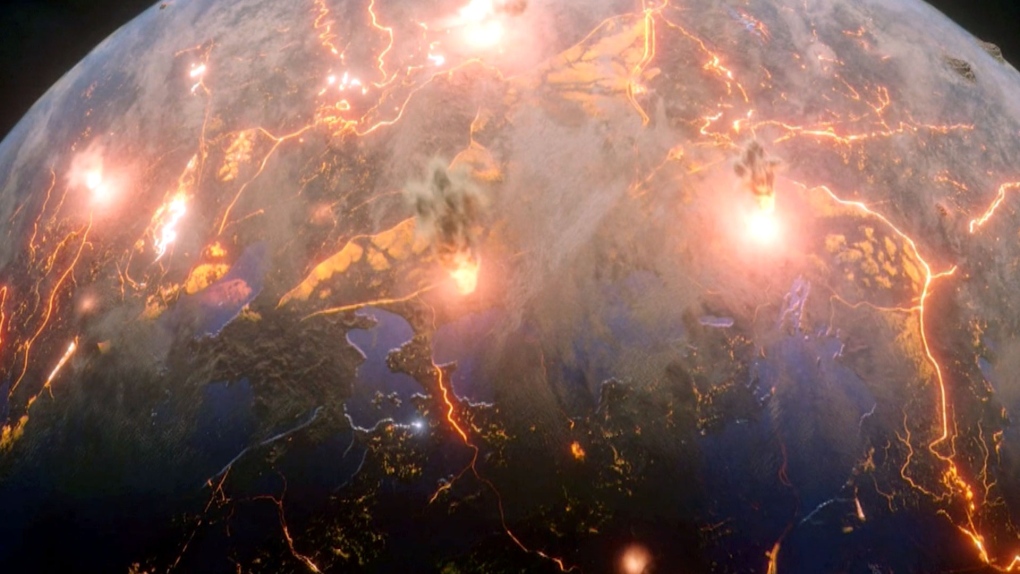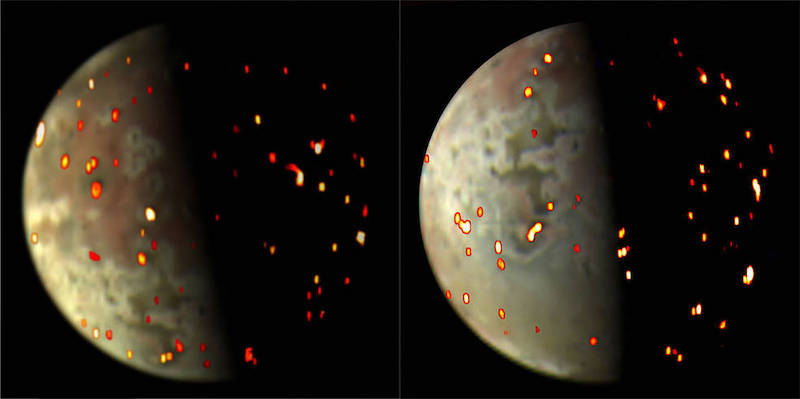
Montreal astronomers have discovered an Earth-sized exoplanet beyond our solar system that is likely carpeted with volcanoes—and could potentially support life.
The findings from a large international team, led by astronomers at the Université de Montréal (UdeM), were published in Nature on Wednesday.(opens in a new tab)
The planet named “LP 791-18 d” is about 86 light years away, with a temperature only slightly higher than on Earth, according to a UdeM release on Thursday.

“The discovery of this exoplanet is an extraordinary find,” said Björn Benneke, a professor in UdeM’s department of physics who supervised the study.
“The similarity in the properties of LP 791-18 d and Earth as well as the prospect of detectable geological activity and volcanism on it make it a key object to better understand how terrestrial worlds form and evolve.”

As for whether or not it could support life, Benneke says the world has “potential.”
“What is particularly exciting about these Earth-sized planets, about these temperate planets where temperatures are quite similar to the Earth, is those are the ones where we will look for life in the future,” he said.

With its volcanoes, water, and ice, astronomers say they picture the planet like Iceland, even nicknaming it Reykjavík after the country’s capital.
It’s believed the volcanoes on the planet are similar to Jupiter’s moon lo, the most volcanically active body in our solar system.
Using data from NASA’s Spitzer Space Telescope and Transiting Exoplanet Survey Satellite (TESS), the astronomers pinpointed the planet orbiting a small red dwarf star in a constellation called Crater.

This is the third planet to be discovered in that system and the smallest in the family.
To better understand the planet, it will likely be observed by the James Webb Telescope, the largest and most advanced telescope ever built.